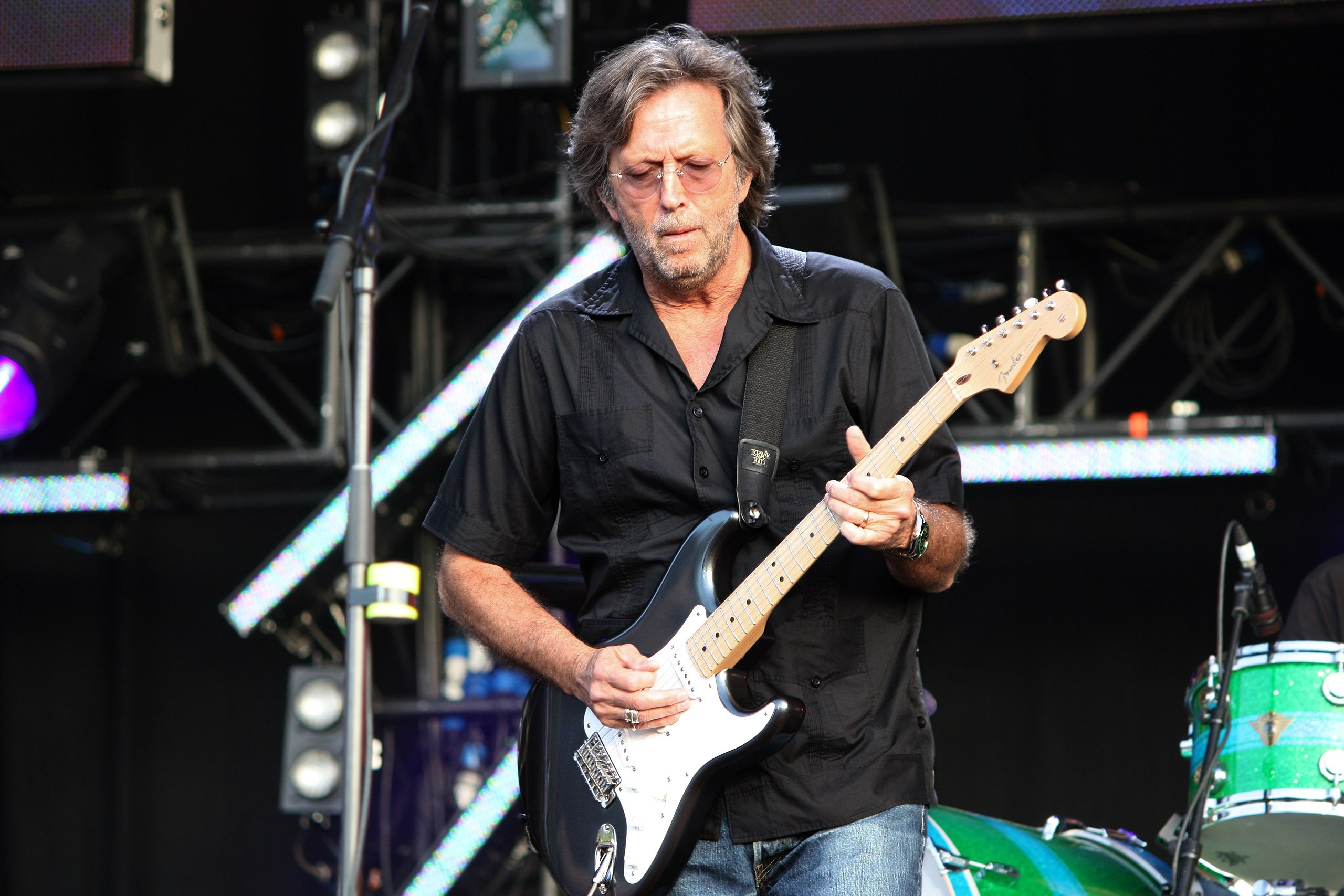Raw grief doesn’t usually make for Grammy-winning television. Yet on January 16, 1992, Eric Clapton proved that authentic vulnerability could command more attention than any guitar solo. His MTV Unplugged performance at Bray Studios transformed personal devastation into communal healing—and changed how musicians approach emotional honesty forever.
The setup couldn’t have been simpler. Clapton traded his signature Stratocaster for a Martin 000-42 nylon-string acoustic, stripping away decades of electric guitar mythology. Nine months after his four-year-old son Conor’s tragic death from a New York high-rise window in March 1991, Clapton channeled unspeakable loss into “Tears in Heaven“—a song conceived as personal processing rather than a commercial product.
The Sound of Surrender
When studios fall silent, you know something extraordinary is happening.
When Clapton began the delicate fingerpicking pattern, Bray Studios fell completely silent. Camera crews hesitated to move, reluctant to disrupt the moment. His fragile vocal delivery—barely above a whisper—created the kind of tension that social media meltdowns chase but rarely achieve.
This wasn’t the guitar hero who electrified Cream audiences or delivered “Layla’s” soaring solos. This was surrender disguised as performance, vulnerability weaponized into art. The restraint proved devastating. No soaring leads, no showboating—just a man processing grief in real time.
Beyond Performance Into Healing
Three Grammys proved that authenticity could compete with virtuosity.
The Academy recognized the performance’s power: three Grammys, including Record of the Year and Song of the Year. “Unplugged” became the best-selling live album in history, but Clapton paid a personal price. By 2004, he retired the song from live performances, stating it was “too painful… I don’t need it anymore.”
The man who built his career on technical mastery discovered that sometimes the most powerful music comes from laying down your weapons. That January evening established a new template: rock stars could be human.
In our current era of artist mental health awareness and therapeutic songwriting, Clapton’s acoustic confession feels prophetic. He proved that music’s greatest power isn’t in technical perfection—it’s in the courage to let your guitar cry when words aren’t enough.


























